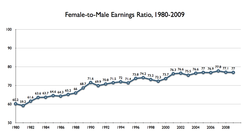
Read more: The Wage Gap: A History of Pay Inequity and the Equal Pay Act | Infoplease.com http://www.infoplease.com/spot/equalpayact1.html#ixzz35anHF1Yw

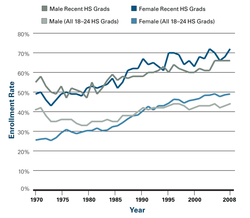
From 2004 to 2009, the number of women graduating from engineering programs fell by 5.2 percent and were far below the levels in the 1970s and 1980s. In 2009, the percentage of undergraduate degrees from engineering schools earned by women was 17.8 percent, a 15-year low, according to the American Society of Engineering Education. Among the nearly 28,000 members of the Society of Automotive Engineers, only 1,500 – about 5 percent — are women." Starting pay with a bachelor's degree is as follows:
Industry Median Salary Top 10%
Biomedical Engineering $81,540 $126,990
Civil and Environmental Engineering $77,560 $119,320
Chemical Engineering $90,300 $146,650
Electrical and Computer Engineering $84,540 $128,610
Mining Engineering and Sciences $82,870 $129,700
Materials Science and Engineering $83,120 $126,800
Mechanical Engineering $78,160 $119,480
All figures are from the United States Department of Labor
Updated October 2013
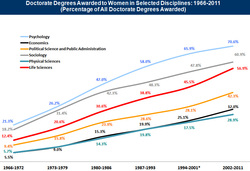
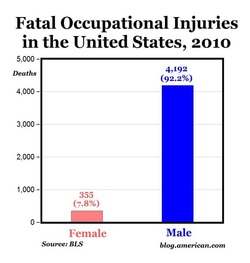
For example, if you look at your typical bank teller, they are generally women and your typical ditch digger is a man. To me, a bank teller has the more important job than a ditch digger, yet the digger gets paid twice as much. Bank tellers are willing to take less pay because of pleasant surroundings and low physical output.
Women’s choices appear more likely to involve a balance between work and the rest of life. Women are more likely to balance income with a desire for safety, fulfillment, potential for personal growth, flexibility and proximity-to-home. These lifestyle advantages lead to more people competing for these jobs and thus lower pay." (WarrenFarrell.net)
| Lastly, women are the typical caregivers in a family whether it be for a newly born child, an aging parent or a sick family member. As a result, women lose time in place and experience. An example from the US Government's legal website, "Charmaine, a mother of two preschool-age children, files an EEOC charge alleging sex discrimination after she is rejected for an opening in her employer’s executive training program. The employer asserts that it rejected Charmaine because candidates who were selected had better performance appraisals or more managerial experience and because she is not “executive material.” The employer also contends that the fact that half of the selectees were women shows that her rejection could not have been because of sex. However, the investigation reveals that Charmaine had more managerial experience or better performance appraisals than several selectees and was better qualified than some selectees, including both men and women, as weighted pursuant to the employer’s written selection policy. In addition, while the employer selected both men and women for the program, the only selectees with preschool age children were men. Under the circumstances, the investigator determines that Charmaine was subjected to discrimination based on her sex. Title VII does not prohibit discrimination based solely on parental or other caregiver status, so an employer does not generally violate Title VII’s disparate treatment proscription if, for example, it treats working mothers and working fathers in a similar unfavorable (or favorable) manner as compared to childless workers." |

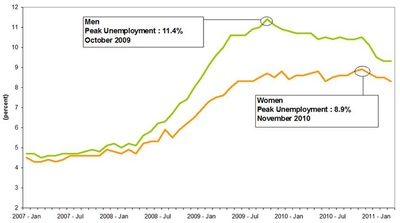
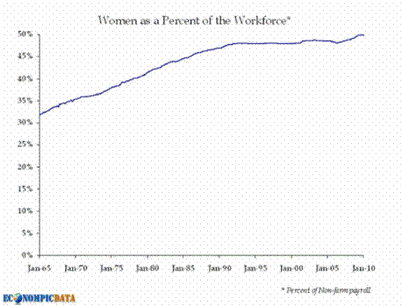
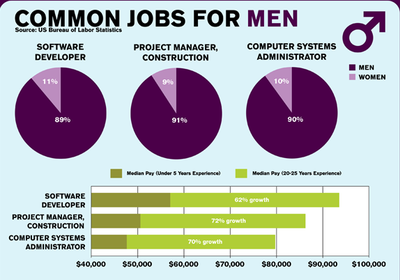
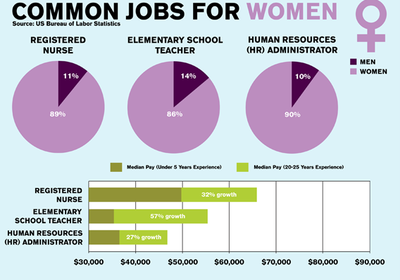
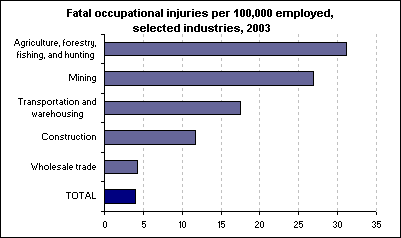
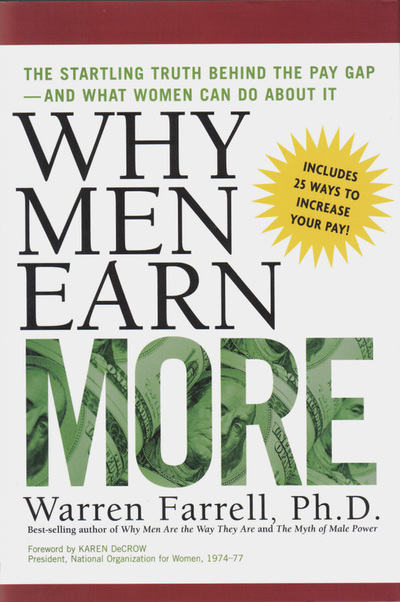
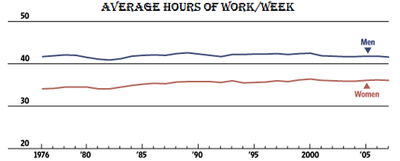
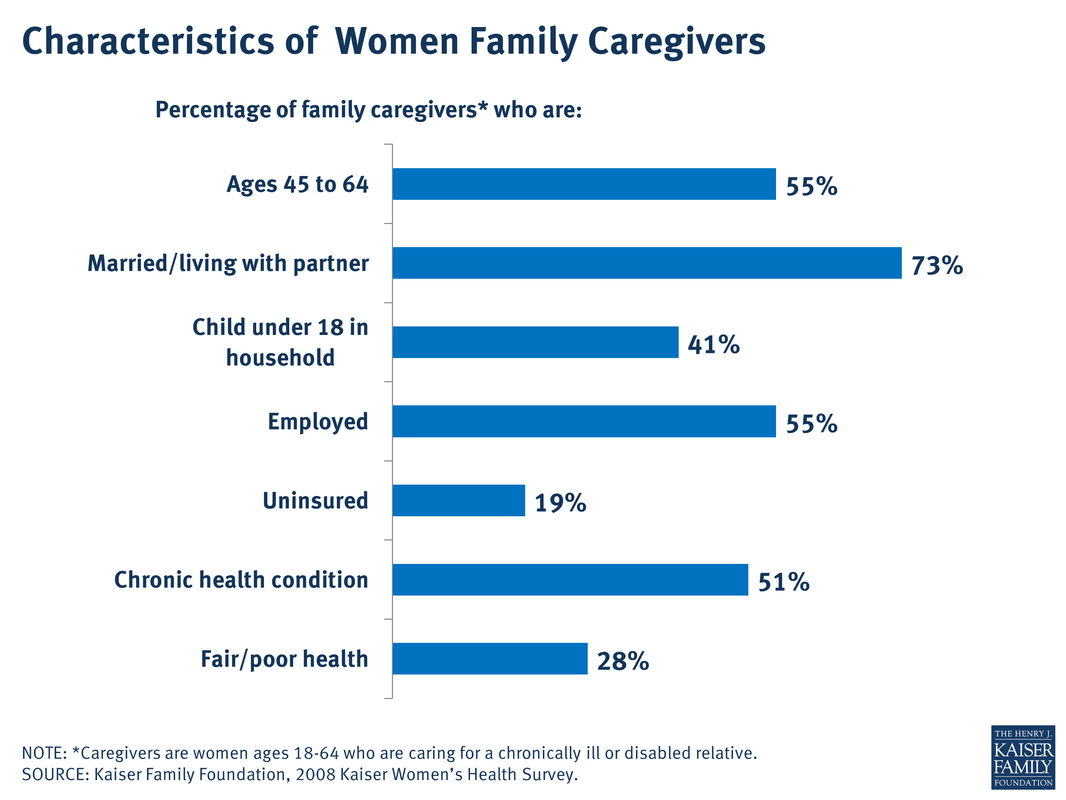
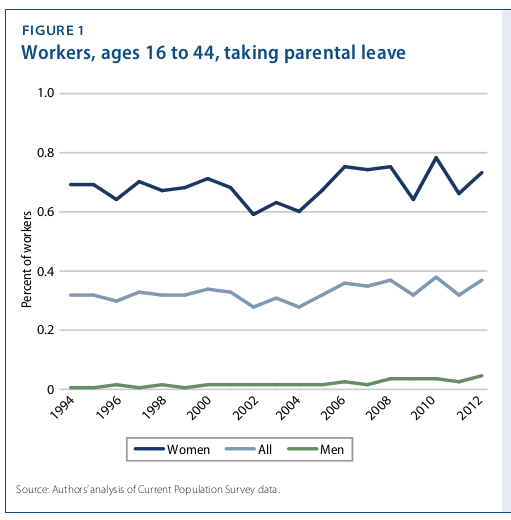
 RSS Feed
RSS Feed
